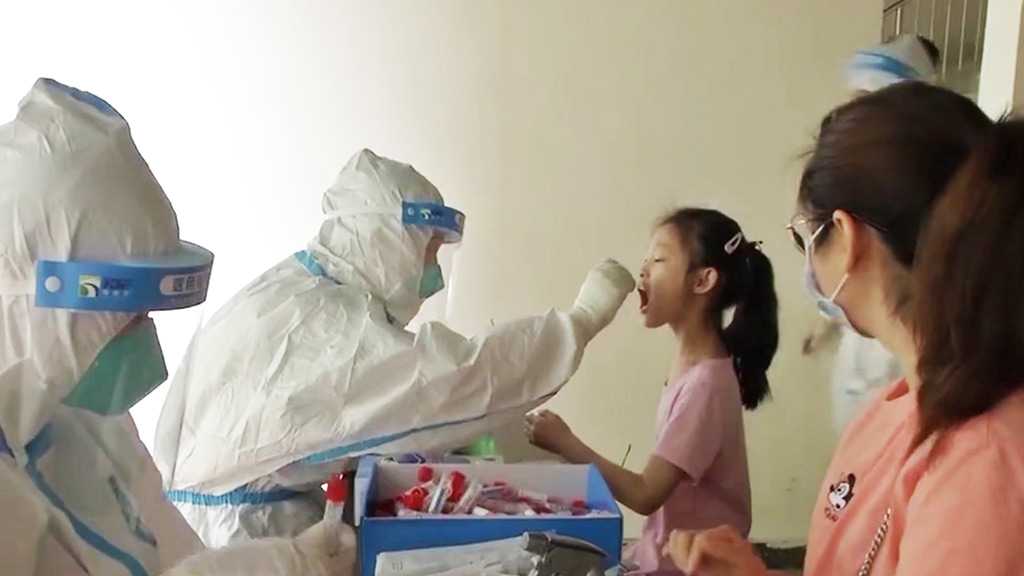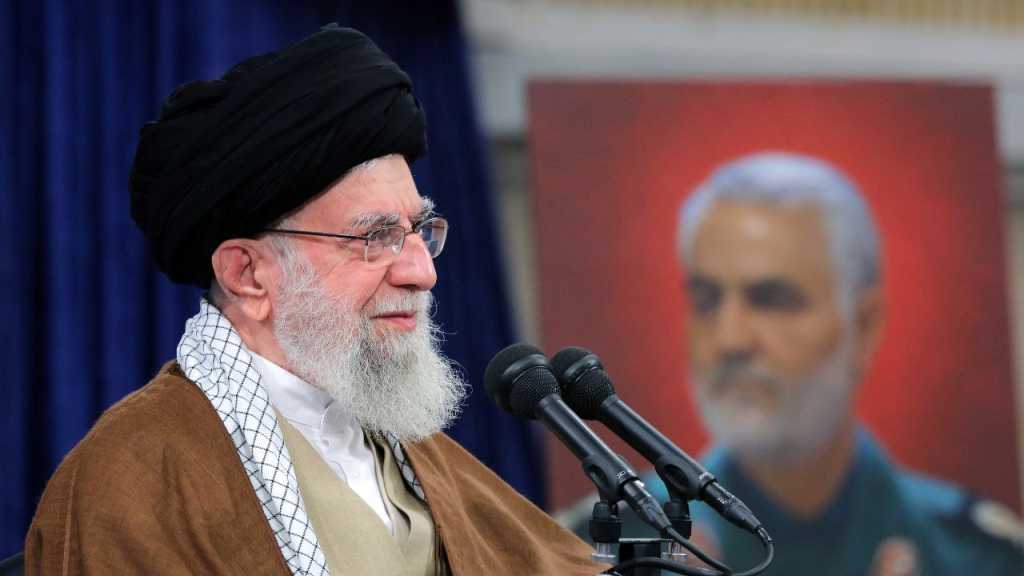
Wuhan Reports No Asymptomatic Cases for First Time

By Staff, Agencies
The Chinese city of Wuhan, where the Covid-19 pandemic began, reported no new asymptomatic cases for the first time on Sunday, according to Chinese health officials.
Mainland China reported 16 new cases overall on Sunday, the highest daily number in three weeks. All were reported as imported cases – 11 in Sichuan province, three in Inner Mongolia, and two in Guangdong.
The virus continues to rage in other parts of the world, including Brazil which passed half a million cases on Sunday. In England, senior public health officials have pleaded for the government to cancel an easing of lockdown restrictions that starts Monday.
The pandemic – which has now infected at least 6 million people worldwide, and killed more than 372,000 – began late last year in Wuhan. On Sunday, the city reported it had no new cases and no new symptomatic cases, after an ambitious push to test all 11 million residents following a small outbreak.
Authorities have since reported testing up to 1.4m people a day. Last week CCTV reported about 9 million residents had been tested in the 10 days from 15 May.
Chinese state media, Xinhua, said on Monday more than 60,000 nucleic acid tests were conducted on Sunday, finding no asymptomatic cases in Wuhan. The city also recorded no confirmed or suspected cases. Xinhua said Sunday’s results indicated the mass testing campaign was producing results.
Nationally, the health commission also reported 16 asymptomatic cases. Three of the asymptomatic cases were local transmission.
Elsewhere in Asia, Japan was considering reopening to travellers from countries with low infections rates – including Thailand, Vietnam, Australia and New Zealand – and the Philippines capital began easing its long lockdown.
Meanwhile, the virus continued to spread rapidly in the Americas.
Brazil reported 16,409 new cases of Covid-19, bringing the country’s confirmed total to 514,849. It is the second highest number of infections behind the US, which has more than 1.78 million confirmed diagnoses.
Brazil also has the fourth-highest number of fatalities, with the virus killing at least 29,314 people, according to its health ministry.
The leaders of both countries have been widely criticised for their responses to the pandemic, and are now cooperating on joint research efforts. The White House has said it will send 2m doses of hydroxychloroquine and 1,000 ventilators to Brazil, despite warnings about the safety of the anti-malarial drug.
Brazilian president Jair Bolsonaro has repeatedly dismissed the severity of virus, and refused to follow social distancing measures. On Sunday, he rode a horse to rally which was calling for the Supreme Court to be shut down for investigating him.
More than 104,000 people have died after contracting Covid-19 in the US. The UK has the second highest number in the world, approaching 39,000 confirmed deaths.
Restrictions will officially ease in England on Monday, a move that senior public health officials have said is “not supported by the science”, pleading with the government to change their plans.
The association of directors of public health have called for it to be postponed until more was known about the infection rate and the test-and-trace system was improved, and until it was clear that the public would abide by social distancing and hygiene measures.
Ahead of the easing, some citizens appeared to be ignoring social distancing measures, crowding beaches and beauty spots over the weekend. A million children in England – or half of those who are expected to return to class – are expected to stay at home on Monday, amid scepticism of the government’s assurances over their safety.
Jeanelle de Gruchy, president of the Association of Directors of Public Health, said her colleagues across England were “increasingly concerned that the government is misjudging the balance of risk between more social interaction and the risk of a resurgence of the virus, and is easing too many restrictions too quickly”.
Around the world, there were markedly varied announcements from nation states increasing or easing their lockdowns.
Comments



